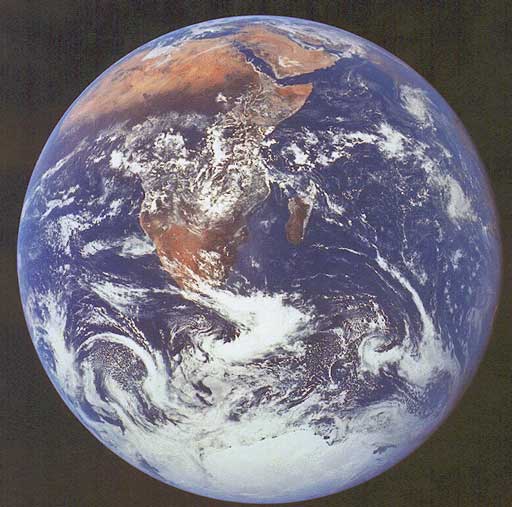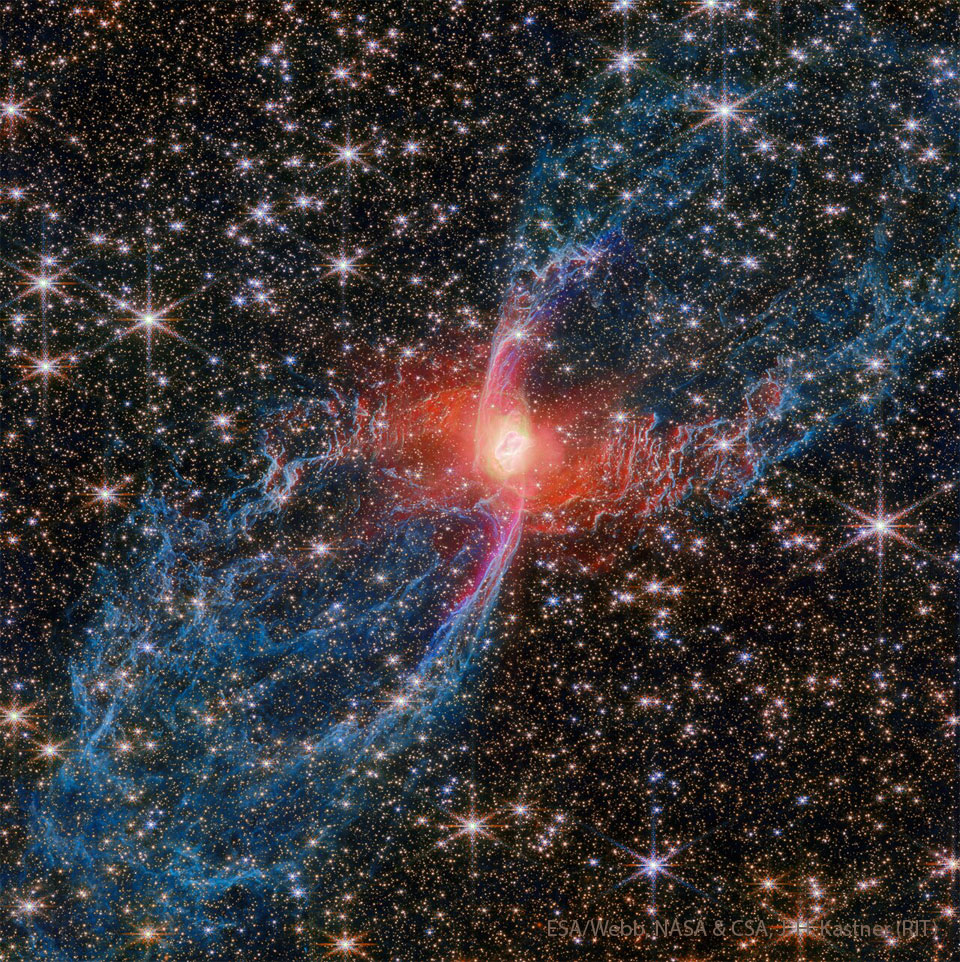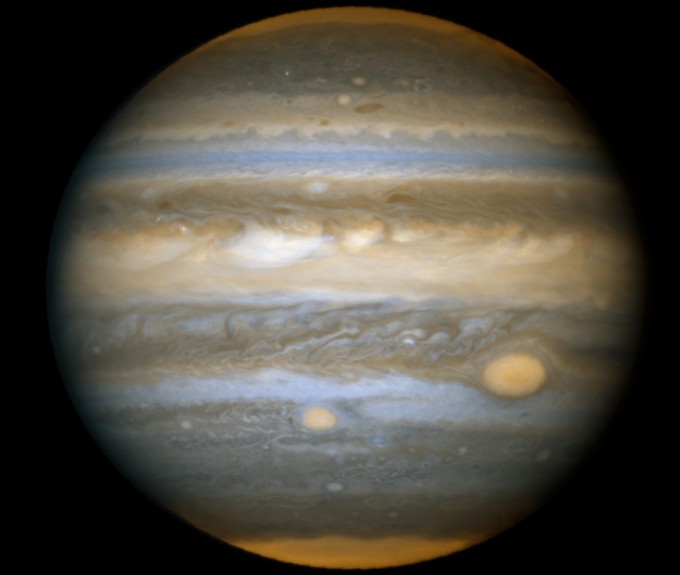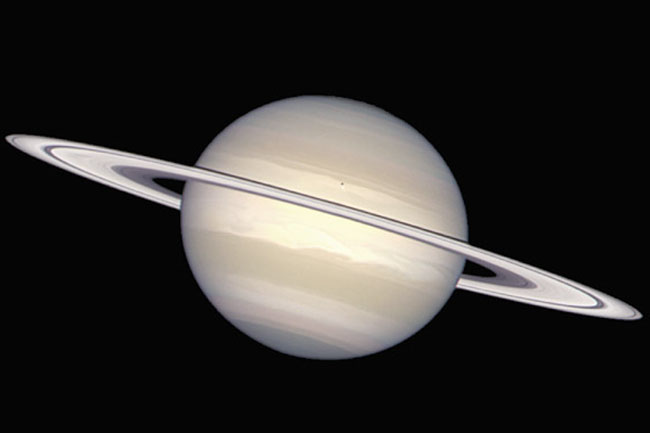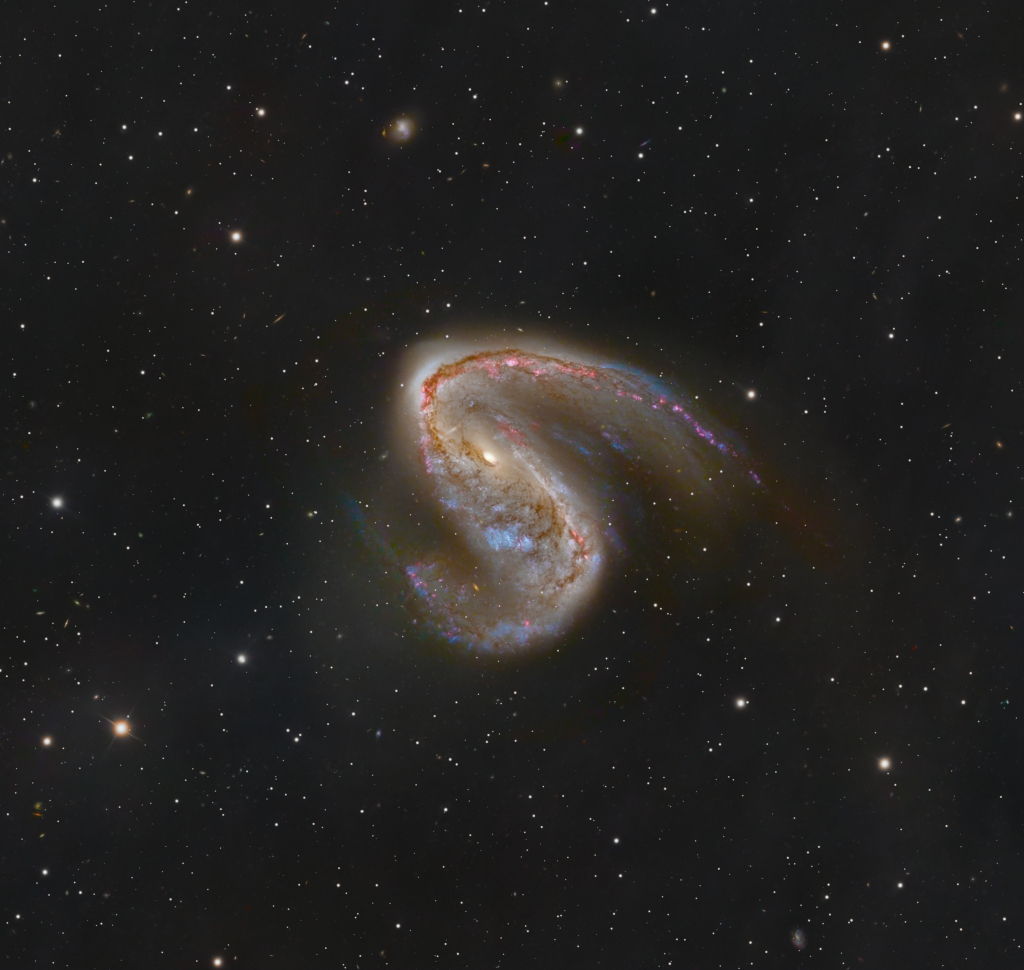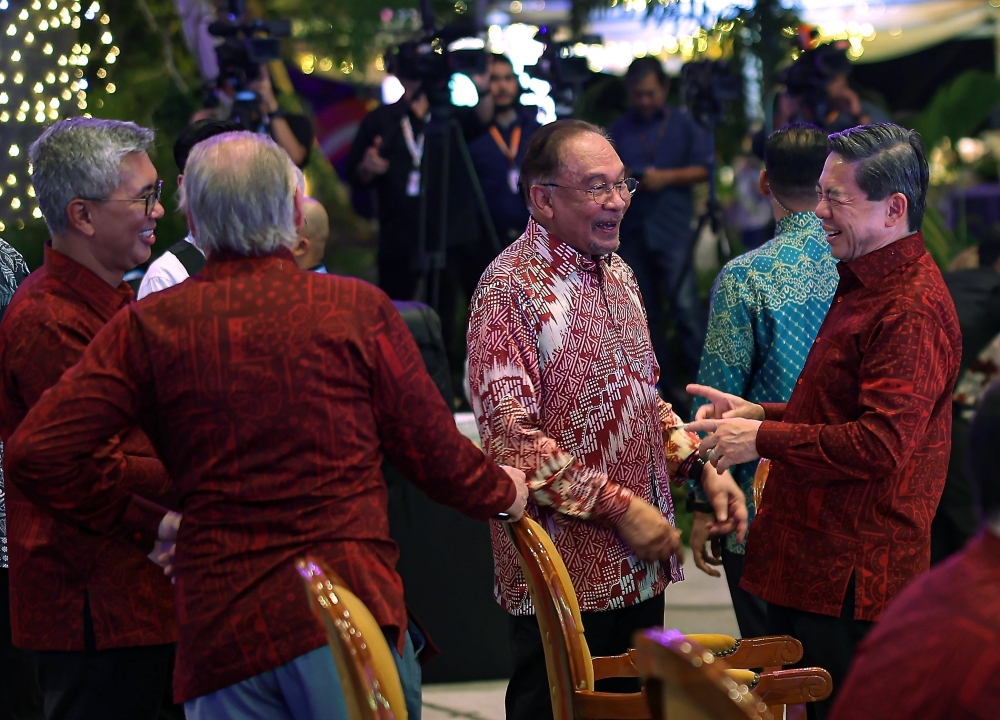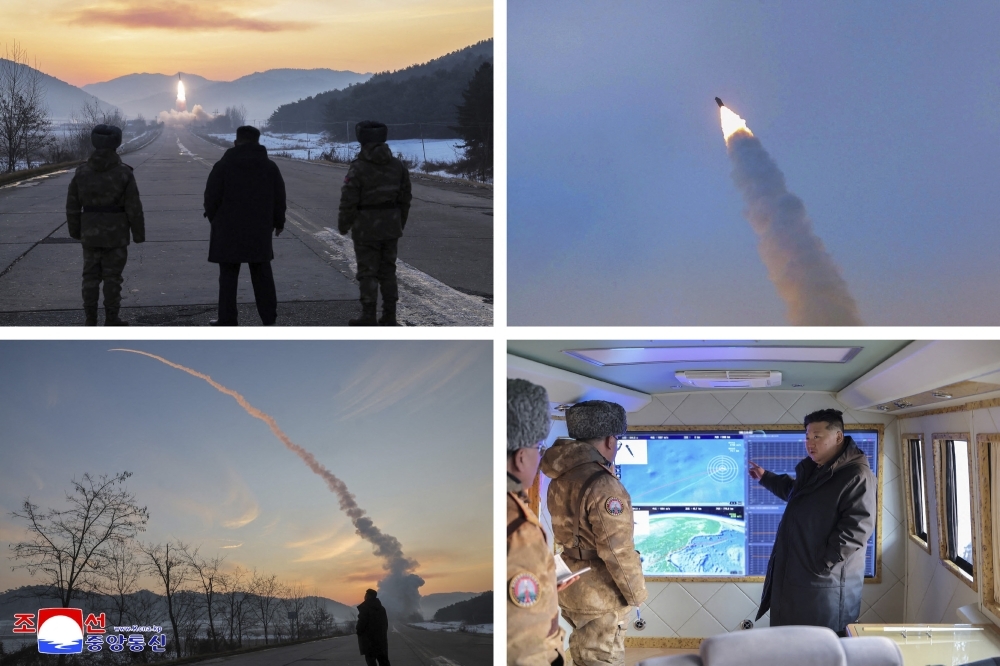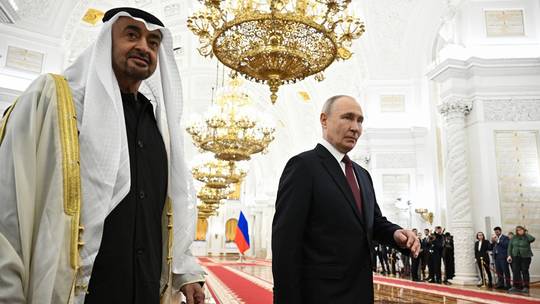Lavrov Warns Against U.S.-Led Security Bloc Targeting North Korea During Visit to Pyongyang Ally
Kim reaffirmed North Korea’s full support for Russia’s war in Ukraine, vowing to “unconditionally support and encourage all measures” taken by Moscow in the conflict.
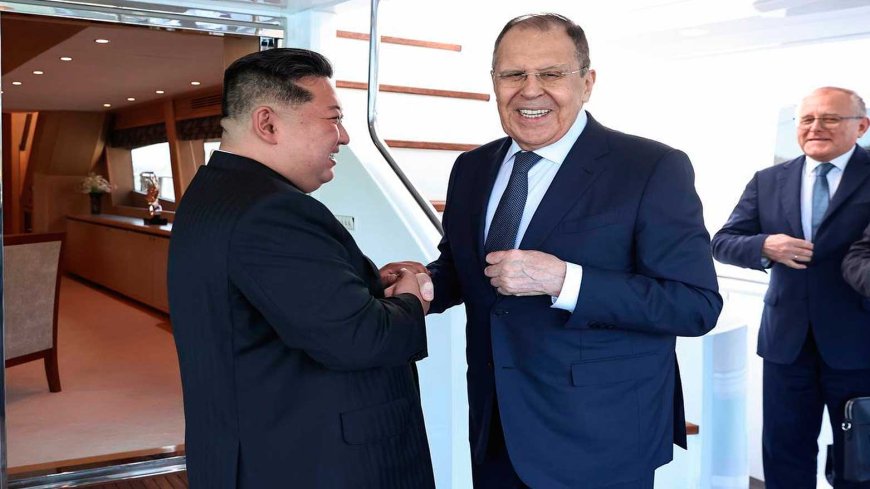
Russian Foreign Minister Sergey Lavrov on Saturday warned the United States, South Korea, and Japan against forming a security partnership aimed at countering North Korea, as he visited the reclusive state to deepen military and diplomatic ties between Moscow and Pyongyang, according to the Associated Press (AP).
Lavrov made the remarks during a visit to North Korea’s eastern port city of Wonsan, where he met with leader Kim Jong Un and conveyed greetings from Russian President Vladimir Putin. During their meeting, Kim reaffirmed North Korea’s full support for Russia’s war in Ukraine, vowing to “unconditionally support and encourage all measures” taken by Moscow in the conflict.
According to North Korea’s state-run Korean Central News Agency (KCNA), the two sides affirmed they hold “identical views on all strategic issues,” underscoring what they called an alliance-level partnership. Lavrov, for his part, called for increased “strategic and tactical cooperation” and greater coordination in global affairs, the agency reported.
The visit comes as ties between Russia and North Korea have grown increasingly close, with Pyongyang reportedly providing troops and ammunition to support Russia's military operations in Ukraine in exchange for economic and military aid. These developments have sparked concern in Washington, Seoul, and Tokyo over the possibility of Moscow transferring advanced technologies that could accelerate North Korea’s nuclear and missile programs.
Speaking to reporters after talks with North Korean Foreign Minister Choe Son Hui, Lavrov accused the U.S., South Korea, and Japan of engaging in aggressive military buildups around North Korea. “We warn against exploiting these ties to build alliances directed against anyone, including North Korea and, of course, Russia,” he said, according to Russia’s state-run Tass news agency.
In response to North Korea’s advancing nuclear program, the United States, South Korea, and Japan have stepped up trilateral military drills in recent months. Just a day before Lavrov’s remarks, the three allies conducted joint air exercises involving U.S. nuclear-capable bombers near the Korean Peninsula. Their top military officers also convened in Seoul, issuing a unified call for Pyongyang to cease activities that threaten regional peace.
North Korea has long portrayed such joint drills as rehearsals for invasion and insists its nuclear weapons program is a defensive necessity. Lavrov echoed that sentiment, saying, “We respect North Korea’s aspirations and understand the reasons why it is pursuing nuclear development,” AP reported, citing Tass.
During the meeting, Choe reiterated North Korea’s “unconditional” support for Russia’s war efforts, and Lavrov expressed gratitude for what he described as North Korea’s military contribution in repelling a Ukrainian incursion into Russia’s Kursk region — a claim that has not been independently verified.
Lavrov’s visit to Wonsan also included a nod to the city’s new seaside development project. North Korea recently unveiled a massive beach resort in the area, which officials say can accommodate up to 20,000 guests. “I am sure that Russian tourists will be increasingly eager to come here,” Lavrov said, adding that Moscow would support expanding air travel to facilitate tourism, according to the Russian Foreign Ministry.
The Wonsan-Kalma coastal tourist zone is a cornerstone of Kim Jong Un’s long-term economic strategy aimed at revitalizing the country’s stagnant economy through tourism. Still, prospects remain uncertain, as North Korea’s borders have remained largely closed since the pandemic, and the country continues to limit access to most foreigners.
As the diplomatic choreography between Moscow and Pyongyang intensifies, critics argue that the deepening alliance could undermine international efforts to curb nuclear proliferation and further destabilize the region — concerns that have only grown amid the war in Ukraine and North Korea’s continued weapons testing.
(Source:Rudaw)




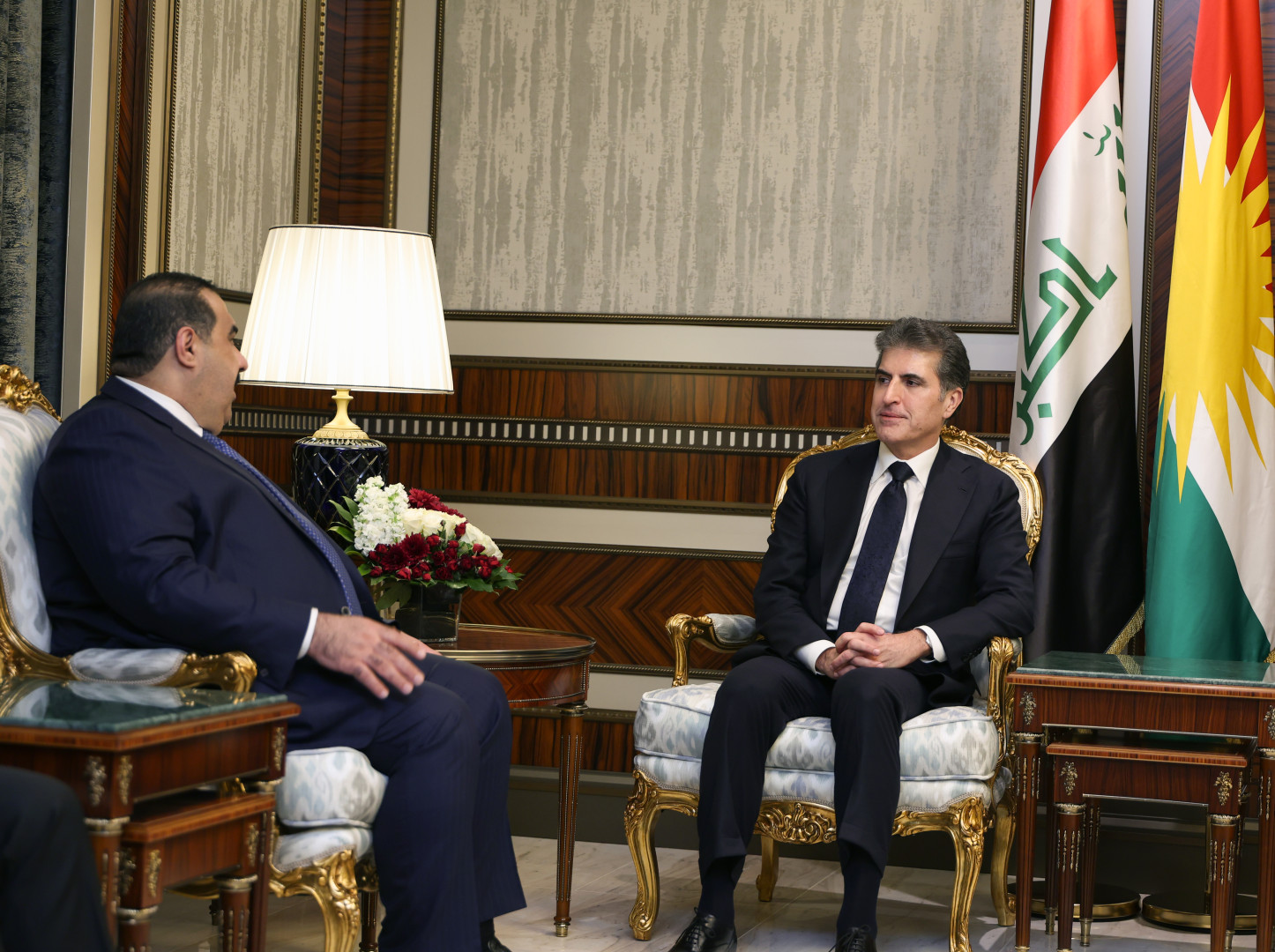
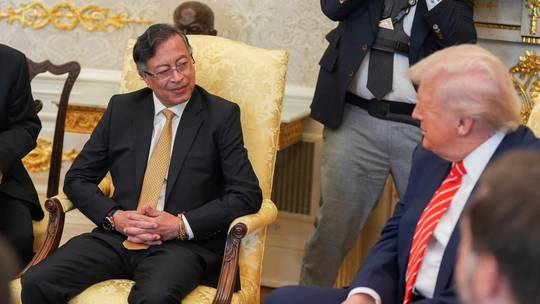




/file/attachments/orphans/GettyImages-173171038_666041.jpg)



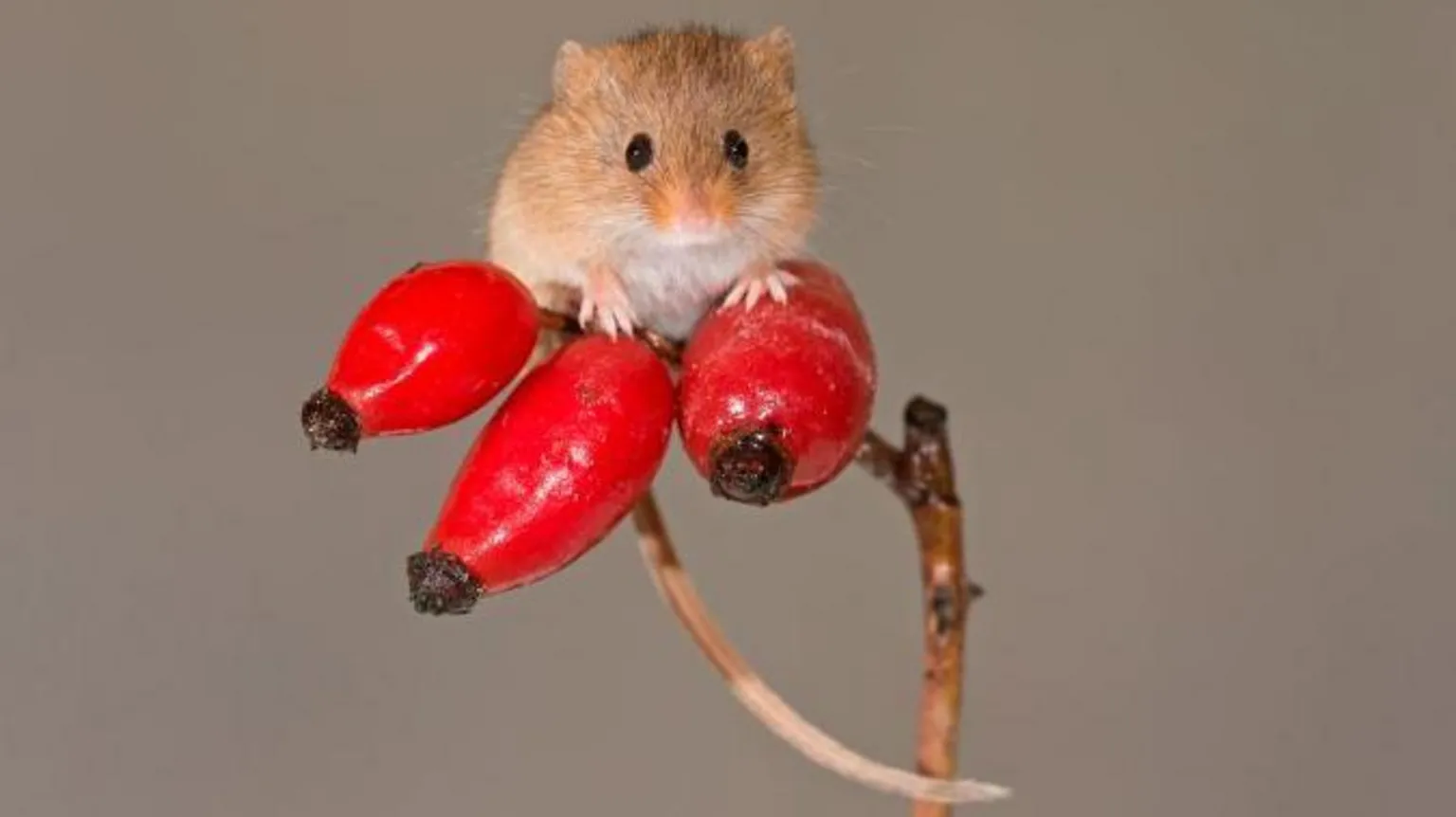




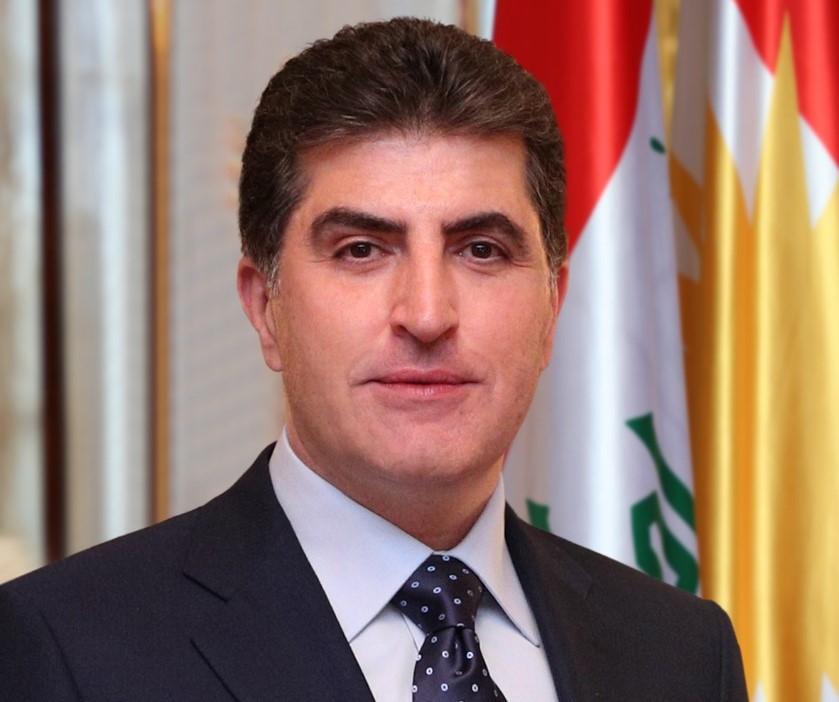


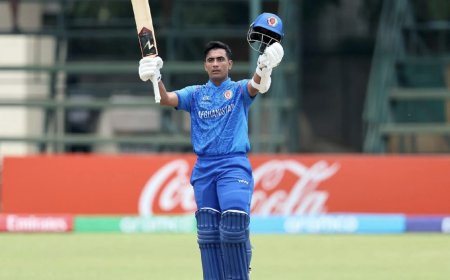
/file/attachments/orphans/IMG_9103_429753.jpeg)






